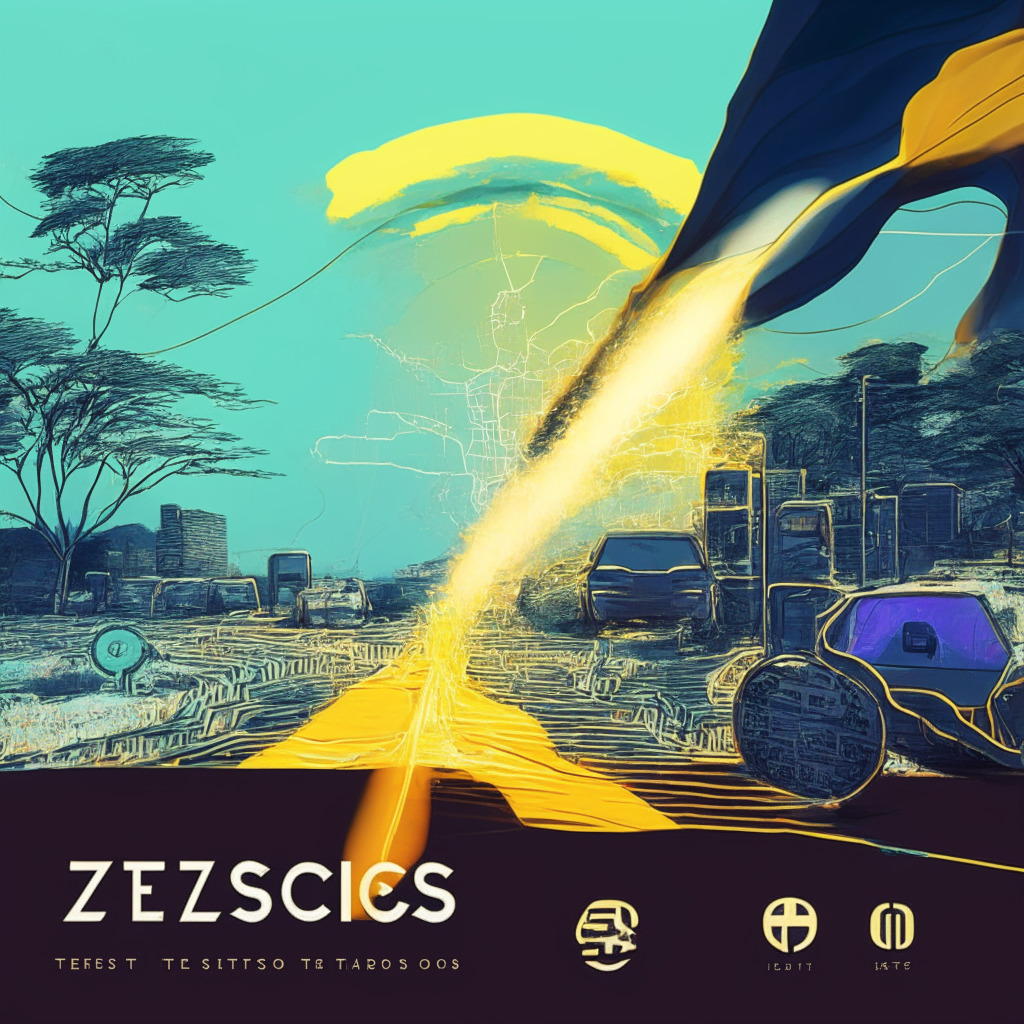The Tezos blockchain recently deployed its 14th upgrade, dubbed “Nairobi,” promising transaction speeds up to eight times faster than before. This latest upgrade enhances the network’s capabilities following the March “Mumbai” upgrade, which enabled Tezos to process up to 1 million transactions per second (tps). Notably, Nairobi introduces several significant improvements with the potential to reshape the Tezos landscape.
One of the most striking changes is the introduction of a new fee mechanism that charges users differently based on network usage. This is a departure from the previous one-size-fits-all flat fee model, which Tezos charged in prior blockchain versions. This innovative approach promises to make the network more accessible and user-friendly for a wide range of transaction types and sizes.
Another noteworthy feature of the Nairobi upgrade is the enablement of Tezos’ Smart Rollups. These scaling tools allow for even faster network usage and can be continuously and automatically updated with each subsequent Tezos deployment. This ongoing upgrade capability ensures that the Tezos network remains agile and adaptable, keeping its pace with the rapidly evolving blockchain landscape.
However, despite these remarkable advancements, the Tezos network’s usage remains notably low. Over the past 24 hours, Tezos processed just 68,000 transactions, paling in comparison to more popular blockchains. For instance, Ethereum processed 1 million transactions, BNB Chain processed 3.9 million transactions, and Bitcoin processed 400,000 transactions within the same timeframe.
Another point of concern for some observers is the network’s XTZ token, which saw a 2% decline in value to 80 cents at the time of writing. This may reflect the market’s current level of skepticism regarding the long-term viability of the Tezos network as it continues to vie for attention in a crowded and competitive blockchain ecosystem.
In conclusion, the Nairobi upgrade undoubtedly brings substantial improvements to the Tezos blockchain, promising faster transaction speeds and a more flexible fee mechanism. However, the network’s current low usage and the underwhelming performance of the XTZ token call into question whether these advancements will be enough to secure its place among the more established and widely adopted blockchain platforms such as Ethereum, BNB Chain, and Bitcoin. Only time will tell if Tezos can ultimately leverage its innovative capabilities to capture a more significant share of the market and secure its position in the ever-evolving world of blockchain technology.
Source: Coindesk




